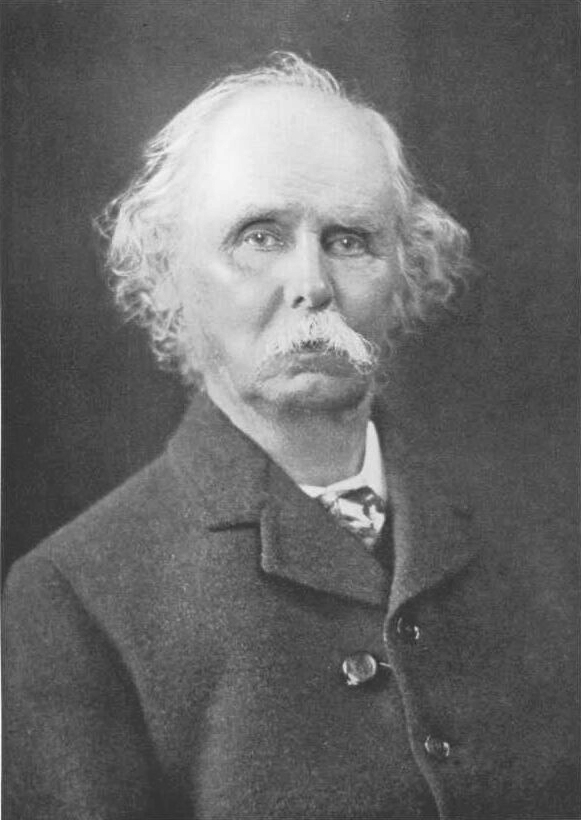Alfred Marshall Definition of Economics
The welfare definition of economics is an attempt by Alfred Marshall a pioneer of neoclassical economics to redefine his field of studyThis definition expands the field of economic science to a larger study of humanity. This concept central to economics since Alfred Marshall.

Marshall Definition Of Economics Wealth Definition Exam Notes
Alfred Marshalls Definition of Economics.

. The following points highlight the top fourteen contributions of Alfred Marshall to Economics. Second nature to economists. Francis Ysidro Edgeworth 1845-1926 was an Anglo-Irish economist and philosopher.
Elasticity of Demand 7. A Giffen good is a good for which demand increases as the price increases and falls when the price decreases. Some of the contributions are.
Marshallian Utility and Demand 5. Marshalls book Principles of Economics 1890 is one of the most influential textbooks in the history of economic thought. Microeconomics is the social science that studies the implications of individual human action specifically about how those decisions affect the utilization and distribution of scarce resources.
Alfred Marshall 1842-1924 was an English economist who is widely considered to be the father of modern neoclassical economics. Factors of Production and Others. Specifically Marshalls view is that economics studies all the actions that people take in order to achieve economic welfare.
It examines that part of individual and social action which is most closely connected with the attainment and with the use of the. Wants and Their Satisfaction 4. Alfred Marshall Principles of Economics 1895 ed Suppose you have a very low income and eat two basic foodstuffs rice and meat.
Alfred Marshall Entrepreneur is an individual who brings together the capital and labour required for the work who adventures or undertake risks who arrange or engineers its general plan JB. A Giffen good has an upward-sloping demand curve which is contrary to. Definition and explanation of a Giffen Good.
He believed it was not a natural science such as physics or chemistry but rather a social science. Political Economy or Economics is a study of mankind in the ordinary business of life. British economist Alfred Marshall defined economics as the study of man in the ordinary business of life.
A good where a higher price causes an increase in demand due to income effect dominating. Alfred Marshalls inclusion of the expression wellbeing was also very significant to the discussion on the nature of economics. Definition and Laws of Economics 2.
Marshall argued that the subject was both the study of wealth and the study of mankind. Say The entrepreneur is a person who shifts economic resources out of the area of lower yield and into an area of higher and greater yield. Explaining with diagrams and examples.
Supply and Cost 8. Estimation of such effects has been a primary focus of empirical economics from the earliest years of econometrics Disciplines lacking natural models invented new oneseg the PO frameworkRubin causal model or the DAGSCM models of Pearlto define.

How Do Economists Define Economics Economaldives Error 404 Economaldives

Definition Of Economics By Alfred Marshall Neoclassical Economist Rm Hindhi Urdu 1 Youtube

Marshall Definition Of Economics Docx Marshall Definition Of Economics Economics Is A Science Of Choice Making Introduction Of Marshall Dr Alfred Course Hero

Definition Of Economics By Alfred Marshall Neoclassical Economist Rm Hindhi Urdu 2 Youtube
No comments for "Alfred Marshall Definition of Economics"
Post a Comment